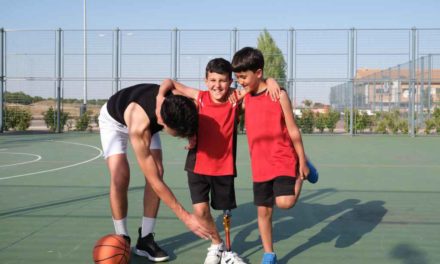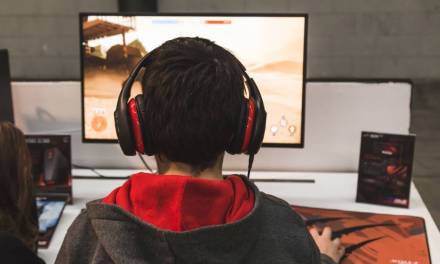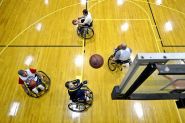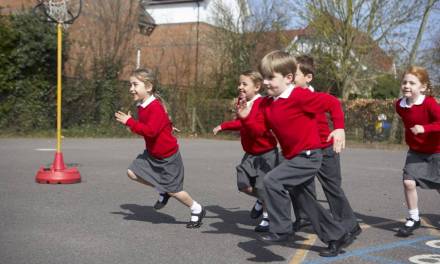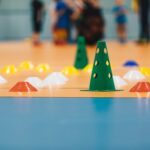Physical education (PE) is an important part of a child’s education, and it is important that all children have the opportunity to participate in PE, regardless of their abilities. If a child has an education, health and care plan (EHCP), their school is required to make reasonable adjustments to PE lessons so that the child can participate fully.
EHCPs
· All pupils with an EHCP must have access to high-quality physical education (PE). PE is an important part of a well-rounded education and can help pupils with SEND to develop their physical skills, confidence, and self-esteem.
· Schools must make reasonable adjustments to PE lessons so that all pupils can participate and benefit. This could involve adapting the activities, providing one-on-one support, breaking down the activities into smaller steps, or providing alternative activities.
· Schools should work with pupils with an EHCP and their parents to develop a PE plan that meets their individual needs. This plan should set out the pupil’s goals and the support they will receive.
· Schools should provide pupils with an EHCP with opportunities to participate in PE alongside their peers. This will help them to develop their social skills and to feel included.
What are reasonable adjustments?
Reasonable adjustments are changes that schools can make to their policies, practices, and equipment to make sure that all pupils can access education on an equal basis with other pupils. Reasonable adjustments can be made to any aspect of school life, including PE lessons.
The adjustments that are needed will vary depending on the individual child’s needs, but some common examples include:
- Modified activities: Some activities may need to be modified to make them more accessible for children with EHCPs. For example, a child with a physical disability may need to use a wheelchair or other adaptive equipment during PE lessons.
- Additional support: Some children may need additional support from a teacher or teaching assistant during PE lessons. This may involve helping them to warm up and cool down, or to participate in certain activities.
- Differentiated instruction: Children with EHCPs may need differentiated instruction in PE lessons. This means that the teacher will need to provide different levels of support and challenge depending on the individual child’s needs.
- Alternative activities: Some children may not be able to participate in certain PE activities. In these cases, the teacher may need to provide alternative activities that are still appropriate for the child’s developmental level.
It is important to note that every student is different, so the specific adjustments that need to be made will vary depending on the student’s individual needs. It is important to work with the student, their parents, and the PE teacher to develop a plan that meets the student’s needs and allows them to participate in PE to the best of their ability.
If you need an online platform that can assist with delivering PE lessons then visit PE Office. Downloadable lesson plans and schemes of work can be accessed and can benefit a PE department and its workforce.

